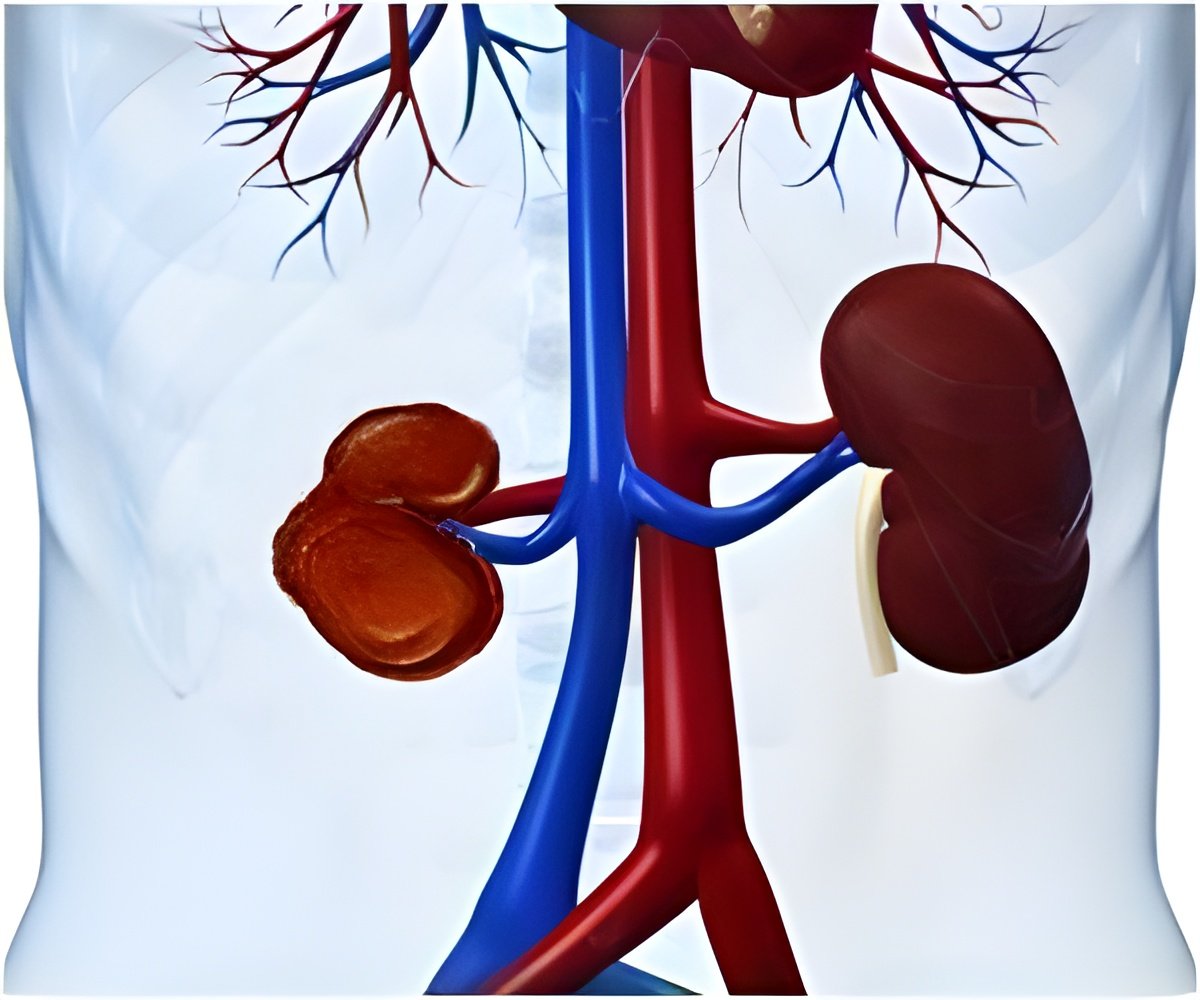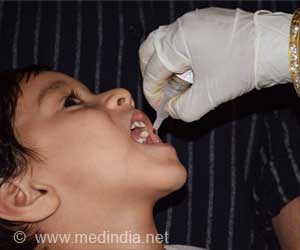
The review by ASN Workforce Committee Chair Mark G. Parker, MD (Division of Nephrology and Transplantation, Maine Medical Center) and colleagues highlights the declining interest of medical students in the US in nephrology. The authors propose ways to increase interest in nephrology so the US trains a sufficient number of kidney professionals to provide the growing demands of this public health crisis.
Dr. Parker explains that, "in medical school, students primarily work with hospitalized kidney patients, whose care is the most complex and daunting. And many students believe nephrologists to be overworked and underpaid." Nephrology is actually higher paid than a number of specialties, including rheumatology and hospital medicine.1 In a survey completed by the American Society of Nephrology (ASN) in 2010, 95% of nephrology fellows indicated they are happy with their career choice.2
Although talented international medical graduates have historically contributed substantially to the US nephrology workforce, it is increasingly difficult for international medical graduates to obtain visas for the US, and this compounds the problem created by decreasing US medical students'' interest in nephrology.
"We must work together to find a way to develop, improve, and market what we know to be a rewarding, stimulating, and fulfilling career," said ASN Councilor Bruce Molitoris, MD, FASN, chair of the ASN''s Task Force on Increasing Interest in Nephrology Careers (Indiana University School of Medicine, Nephrology).
ASN has begun to implement strategies to inspire interest in nephrology among US medical graduates. Dr. Parker explains that "ASN will help provide stimulating experiences for trainees, nurture outstanding educators, and use social media to encourage the next generation of students to learn about the importance of kidney disease and the satisfaction many nephrologists derive from improving kidney care."
Advertisement
Study co-authors include Dr. Mitchell Rosner, MD, FASN (Division of Nephrology, University of Virginia); Dr. Molitoris; Rachel Shaffer and Tod Ibrahim (American Society of Nephrology).
Advertisement
Disclosures: The authors reported no financial disclosures.
The article entitled, "The Future Nephrology Workforce: Will There Be One?" will appear online at http://cjasn.asnjournals.org/ on May 5, 2011, doi 10.2215/CJN.01290211.
ASN Kidney News, the society''s news magazine, also covers this topic in the May issue entitled, "The Nephrology Workforce Crisis."
The content of this article does not reflect the views or opinions of The American Society of Nephrology (ASN). Responsibility for the information and views expressed therein lies entirely with the author(s). ASN does not offer medical advice. All content in ASN publications is for informational purposes only, and is not intended to cover all possible uses, directions, precautions, drug interactions, or adverse effects. This content should not be used during a medical emergency or for the diagnosis or treatment of any medical condition. Please consult your doctor or other qualified health care provider if you have any questions about a medical condition, or before taking any drug, changing your diet or commencing or discontinuing any course of treatment. Do not ignore or delay obtaining professional medical advice because of information accessed through ASN. Call 911 or your doctor for all medical emergencies.
Founded in 1966, and with more than 12,000 members, the American Society of Nephrology (ASN) leads the fight against kidney disease by educating health professionals, sharing new knowledge, advancing research, and advocating the highest quality care for patients.
1 Leigh JP, Tancredi D, Jerant A, Kravitz R. Arch Intern Med. 2010; (19): 1728-1734.
2 American Society of Nephrology Training Program Directors Executive Committee. 2010 ASN Survey of Nephrology Fellows, June 2010.
Source-Newswise














